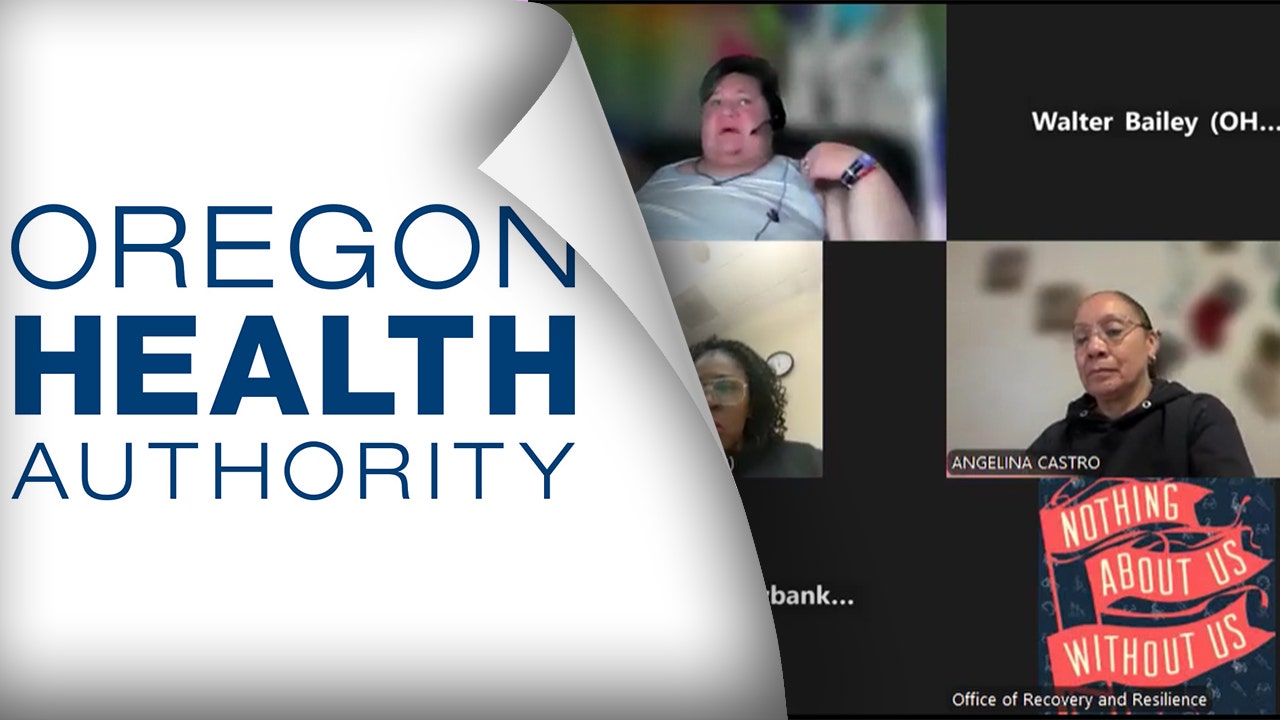Oregon state mental health advisory panel includes member who identifies as a turtle

JD Holt, a member of a state panel advising the director of Oregon’s Health Authority (OHA) on best practices and policies in mental health, has recently made headlines for identifying as a “turtle.” Holt, who also goes by the name “JD Terrapin” on Facebook, is one of roughly two dozen “consumers” on the OHA’s Consumer Advisory Council (OCAC). This council, established by administrative statute, is appointed by OHA Director Dr. Sejal Hathi, who was appointed by Governor Tina Kotek, a Democrat.
During a virtual OCAC meeting on Dec. 20, Holt introduced themselves by saying, “Hello everybody, it’s JD. I use they, them, and turtle for my pronouns. I’m in the Springfield-Eugene area and I get to be part of the council.” This revelation sheds light on the concept of “turtlegender,” a term used to describe a gender identity in which one feels a connection to turtles.
The OCAC plays a crucial role in advising Hathi on the state’s provision of mental health services. Members of the council, including Holt, bring their lived experiences and perspectives to the table, ensuring that a diverse range of voices is heard in shaping mental health policies in Oregon.
In response to questions about the appointment process for council members, an OHA spokesperson stated that it is a joint effort between existing council members, a committee appointed by the council, and the director. This collaborative approach aims to ensure that individuals selected represent a variety of consumer-run organizations and advocacy groups in the state.
The duties of the OCAC include investigating, evaluating, and recommending improvements to the state’s behavioral health resources. The council develops an annual working plan with recommendations and goals, and has the authority to establish committees to delve into specific areas of interest related to behavioral health services.
Each council member serves a two-year term and can be reelected once, as per the administrative statute governing the panel. The OCAC’s governing rules were updated recently, reflecting a commitment to strengthening its role in shaping mental health service policies.
In addition to their role on the council, Holt has been vocal about promoting certain causes on social media, including advocating for anarchist actions and encouraging resistance against immigration enforcement actions.
As the OCAC continues its work in advising the OHA on mental health policies, Holt’s unique perspective as a self-identified turtle adds a valuable dimension to the conversations and decisions made by the council. It remains to be seen how this perspective will influence future recommendations and goals set by the OCAC.




